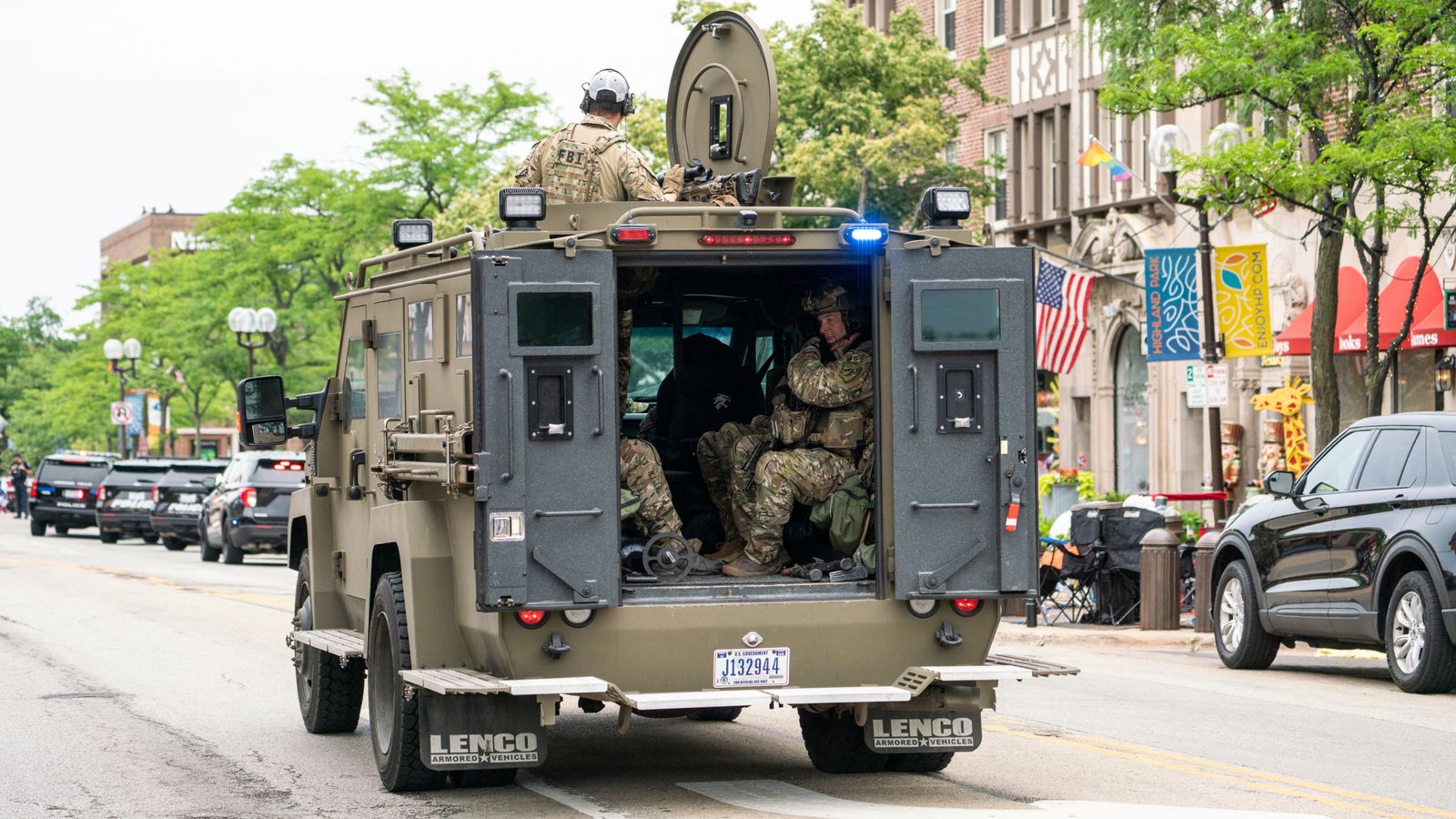Former health secretary Matt Hancock MPs has demanded a Commons vote on whether assisted dying should be legalised in the UK.
His controversial call came during a highly emotional debate among MPs on a petition proposing it should be legal for “terminally ill, mentally competent adults”.
During the Westminster Hall debate, Labour MP Paul Blomfield was in tears as he told the harrowing story of his father’s death after being diagnosed with lung cancer.
Mr Blomfield, MP for Sheffield Central, had to pause several times during his speech as he described the shock of being told his father had taken his own life in his garage.
Politics Hub: ‘Shocking’ allegations against Pincher damage reputation of parliament
The last time proposals to legalise assisted dying were debated in the Commons in 2015, they were rejected. But a petition calling for a new debate received more than 155,000 signatures.
Mr Hancock, who was Health Secretary until he quit last year for breaking COVID rules in a clinch with aide Gina Coladangelo caught on CCTV, said there were now 200 new MPs since the last vote.
Third of young men trying to change their appearance to conform to social media’s ‘picture perfect culture’, says survey
Tens of thousands of men at risk of needing breast reduction surgery due to steroid use
Can you balance on one leg? Researchers want it to be part of your regular health check
“I can speak as a former health secretary to say that the medical movement as a whole is changing its view,” said Mr Hancock, who has been tipped for a Cabinet comeback in a reshuffle.
He called for “an informed, compassionate debate” in the Commons and said: “For 50 years we have had a legal choice over who to love, for a decade we have had a legal choice over who we can marry.
“So let’s have an informed debate over when the end is inevitable and when the pain is insufferable, how we die.”
In response, Justice minister James Cartlidge told MPs: “The government’s view remains that any relaxation of the law in this area is an issue of individual conscience and a matter for Parliament to decide.
“To be clear, this does not mean government does not care about the issue at hand, far from it.
“It is that the ultimate decision on whether to change the law is for Parliament to decide in the tradition of previous matters of conscience that have come before the House.”
Please use Chrome browser for a more accessible video player
In his emotional speech, Mr Blomfield said his father took his life after a terminal diagnosis of lung cancer. “The current law forced my father into a lonely decision and a lonely death,” he said.
Holding back tears, he said: “11 years ago today, it was also a Monday. I got a phone call here. He had been found dead in his garage.
“I had spoken to him the previous night, on the phone as I walked through St James’ Park, an ordinary conversation that gave me no inkling of his plan.
“He loved life. He was 87. But at that age he had inevitably watched many of his friends go, often miserably, horrific deaths.
“He talked with me about their last days and he had always been clear that he would rather end things than face a lingering and degrading death but I still wasn’t expecting it.”
Also backing Mr Hancock’s call, another former Cabinet minister, Andrew Mitchell, described himself as a “convert to the cause”.
He said: “My own mind has been changed on this over the years, principally as the result of the number of constituents I have spoken to who have faced terrible suffering at the end of life, or who have witnessed their loved ones dying in painful and undignified circumstances.
“I want this to change for my constituents, I want it for myself and I want it for those whom I love.”
But opposing change, Conservative MP Danny Kruger, son of TV chef Prue Leith, said legalising assisted dying could lead to decisions being taken by doctors under pressure to bring down care costs.
Pointing to a “do-not-resuscitate scandal” during the COVID pandemic, Mr Kruger said: “I know doctors are good people who want the best, but if we force them to make utilitarian decisions about the best use of resources, won’t they push people in this direction?”
Mr Kruger also said he worried about unwell or elderly people who felt like a burden to their families, adding: “Talk to any hospice manager and they will quietly confirm it: there are a lot of people who want granny or grandpa to hurry up and die.”









